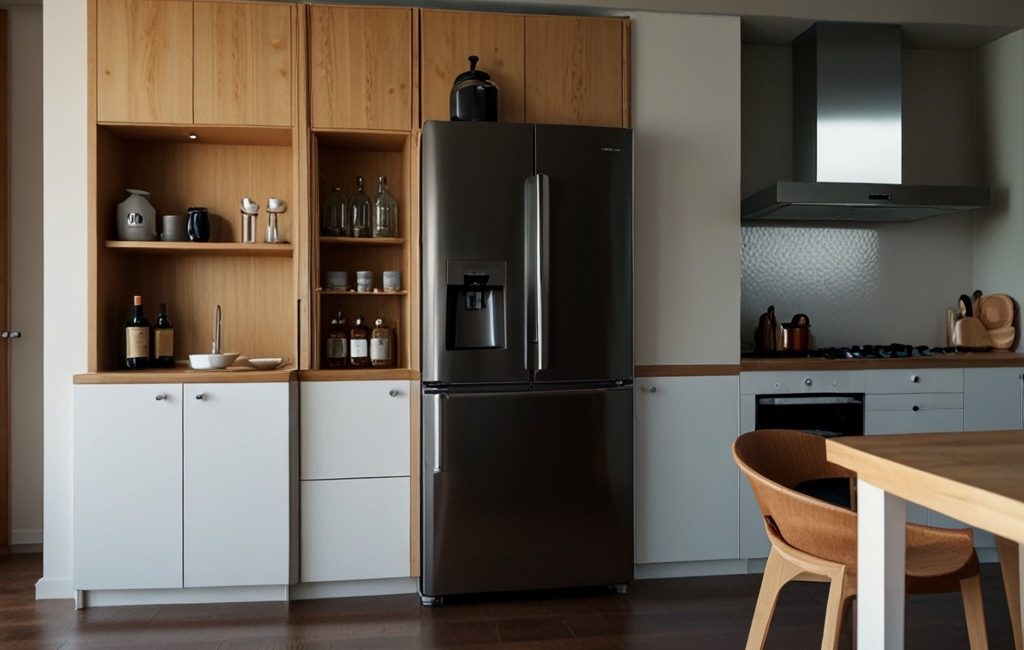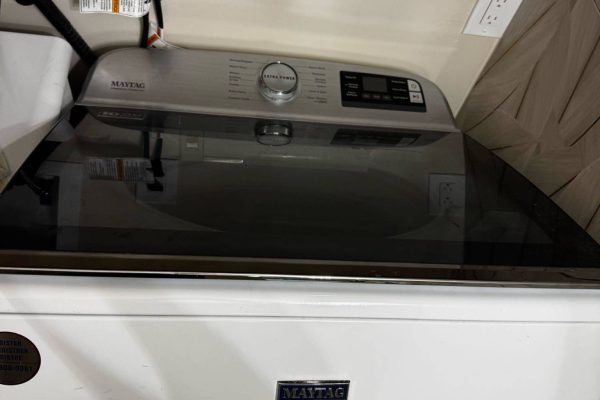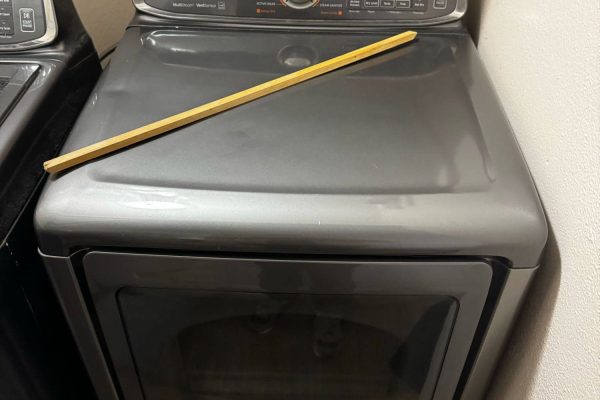Refrigerators are one of the most important appliances in any household, keeping food fresh and safe for consumption. However, like all machines, refrigerators are not immune to problems. One of the most common yet often overlooked issues is the overheating of the refrigerator compressor. This critical component ensures the cooling process works efficiently, so when it overheats, the entire system can fail, leading to potential food spoilage, higher energy bills, and even permanent damage to the appliance.
In this article, we will dive deep into the causes of refrigerator compressor overheating, how to recognize the signs early on, and the steps you can take to prevent it. Finally, we’ll guide you on when it’s best to contact a professional repair service to avoid costly repairs or the need for a full appliance replacement.
Understanding the Refrigerator Compressor
The compressor is the heart of the refrigerator’s cooling system. It compresses the refrigerant and circulates it through the coils, which absorb heat and release cool air inside the fridge and freezer compartments. While doing this job, the compressor naturally generates heat, but a well-maintained refrigerator is designed to dissipate this heat efficiently. However, several factors can cause it to overheat, and when this happens, it can spell disaster for your fridge.
Common Causes of Compressor Overheating
- Dirty Condenser Coils
One of the most frequent causes of compressor overheating is dirty condenser coils. These coils are located at the back or bottom of the refrigerator and help release the heat generated by the compressor. Over time, dust and debris can accumulate on the coils, reducing their ability to dissipate heat effectively. As a result, the compressor has to work harder, which leads to overheating.
⠀
- Poor Ventilation
The refrigerator needs adequate space around it to allow for proper airflow. If it is placed too close to the wall or other appliances, the air won’t circulate as intended, causing the compressor to overheat due to lack of ventilation. Ensure your fridge has at least a few inches of space around it, especially near the back where the coils are located.
⠀
- Faulty Thermostat
A malfunctioning thermostat can misread the internal temperature of the refrigerator and keep the compressor running longer than necessary. This overwork can lead to overheating. Thermostat issues are tricky because they’re not always easy to detect until significant problems arise.
⠀
- Refrigerant Leaks
If the refrigerant levels drop due to a leak, the compressor has to work overtime to cool the fridge. This can lead to overheating and eventual failure of the compressor. Refrigerant leaks are often challenging to spot but can cause serious damage if not addressed promptly.
⠀
- Electrical Issues
Faulty wiring or problems with the electrical supply can cause the compressor to work irregularly, leading to overheating. If you notice any unusual sounds, flickering lights, or sudden power outages affecting your refrigerator, it’s time to get the electrical system checked.
⠀
Signs Your Refrigerator Compressor is Overheating
⠀
It’s crucial to recognize the early warning signs of an overheating compressor to avoid costly repairs or replacement:
⠀
– Loud or Unusual Noises: A noisy compressor is a red flag. Any knocking or humming noises could indicate the compressor is working too hard and possibly overheating.
– Excessive Heat at the Back of the Fridge: While it’s normal for the back of the refrigerator to be warm, it should not be hot to the touch. Excessive heat could be a sign that the compressor is overworked.
– Frequent Cycling: If the refrigerator is constantly turning on and off, the compressor might be under stress, which can lead to overheating.
– Sudden Increase in Energy Bills: An overheating compressor uses more energy, so a noticeable spike in your electricity bills can be a telltale sign.
– Food Spoilage: If your refrigerator is failing to maintain the proper temperature and food is spoiling more quickly than usual, the compressor might be struggling to keep up.
Preventing Compressor Overheating
⠀
- Regular Maintenance: One of the best ways to prevent compressor overheating is through regular maintenance. Clean the condenser coils at least twice a year to ensure they’re free of dust and debris.
- Ensure Proper Ventilation: Make sure your refrigerator has enough space to breathe. Adequate airflow around the appliance is key to keeping the compressor cool.
- Check for Leaks: Routinely inspect the refrigerator for any signs of refrigerant leaks, and get them repaired as soon as possible.
- Monitor the Temperature Settings: Keep the refrigerator and freezer compartments set at optimal temperatures. Overcooling can cause the compressor to work unnecessarily hard.
- Watch for Electrical Issues: Regularly inspect the power supply to your refrigerator. If you notice any flickering lights or hear unusual sounds, get a professional to check the wiring.
⠀
When to Call a Professional
⠀
While some maintenance tasks can be done on your own, certain issues—such as a malfunctioning thermostat, refrigerant leaks, or electrical problems—require professional expertise. If you suspect your refrigerator’s compressor is overheating or not functioning properly, it’s crucial to act fast before the damage becomes irreparable.
⠀
At Poway Appliance Repair Service Center, our experienced technicians are equipped to handle all refrigerator-related problems, from compressor overheating to electrical issues. We offer fast, reliable, and affordable services, ensuring your appliance gets back to working condition in no time.
⠀
If your refrigerator is showing signs of compressor overheating or other issues, don’t wait until it’s too late. Contact Poway Appliance Repair Service Center today for a thorough inspection and repair. Let our professionals keep your fridge running smoothly, saving you from the hassle of spoiled food and high energy bills!
Contact us


